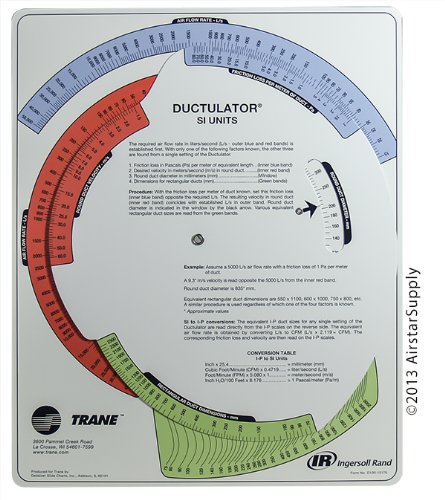
David Arnold, partner at Troup, Bywaters & Anders, and Stuart Thompson, senior design manager at Morgan Sindall, led the debate, which was facilitated by Ewen Rose of McGowen Rose Associates.
The dinner was marked by the presence of these finalists from the CIBSE ASHRAE Graduate of the Year award:
Ryan Rodrigues – winner
Ruth Howlett – finalist
Demitrios Constantinou – finalist
Jorge Abarca Montero – finalist
Alexandra Lindesay- Bethune – Rumford Bursary
Charity Nicholls – Rumford Bursary
2015 marks 20 years of this prestigious award, which Ewen has organised from the start.
Knowledge versus practical skills
The nature of ‘practical’ skills is changing and the next generation of building services engineers will use different tools to narrow the ‘performance gap’.
The group of finalists from the 2015 CIBSE ASHRAE Graduate of the Year awards urged their ‘more mature’ counterparts to embrace digital tools and the expertise of young engineers to deliver buildings that perform closer to their design intent.
However, the older generation lamented the lack of ‘practical’ (on-site) skills displayed by upcoming generations and urged employers to ensure graduate engineers spent more time working with other members of the supply chain or visiting construction sites to see their designs being put into practice.
David recalled how life used to be – slide rules and “ductulators” (see image) were supplemented by a lot of practical experience, which (along with regular peer reviews) informed the engineer if their design was be likely to work well in practice.
He said that older practical skills are being replaced by new skills including the ability to use building simulation tools such as IES and 3D CAD drawing and clash detection.
Is new technology a good thing?
Some debaters argued that complex design tools leave engineers ‘wedded to technology’ and more likely to use Google to find the answer to a technical question than consult an experienced colleague. However, current CIBSE Graduate of the Year Ryan Rodrigues urged senior colleagues to stop selecting design solutions ‘because we have always done it that way’, and be more open to some of the innovative ideas produced by the next generation.
Issues with the current process
However, Stuart said innovation was being stifled by fear of litigation and regulation. He said there weren’t enough ‘feedback loops’ and because specialist design is often outsourced and split up, no one organisation owns the process, which means that no learning from the past can take place. An increase in complexity (e.g. in control systems) means that if building performance is indeed measured, we often cannot always make sense of all the data flying about.
People development
Some debaters said that what is needed is the development of and investment in right brain judgment and creativity rather than left brain analysis and calculations: this will lead to greater spatial awareness and a sense of rules of thumb rather than “hard” judgment.
Another issued that was aired is that the building service industry used to recognise its role in educating its workforce to learn technical and practical skills but training budgets have been slashed. Organisations may be reluctant that they will invest in their staff when they fear that they will simply walk away with that practical knowledge.
Change may come from an unexpected quarter. The revolution in BIM will mean that in five or so years’ time, the Government will be in a good position to understand the reasons why their building stock deviates from the design intent and will pursue those responsible.
A “year in wellies”?
Former Young Engineers’ Network (YEN) London chair Jairo Jaramillo urged CIBSE to lead a programme of practical learning and to encourage experience sharing across the supply chain similar to the ‘year in wellies’ run by the Institution of Civil Engineers as part of young engineer training.
Our next meeting
10 March meeting: “Can Integrated Performance Contracts be common-place in the UK by 2020?” Fiona Cousins (Arup) and Julia Evans (BSRIA).
